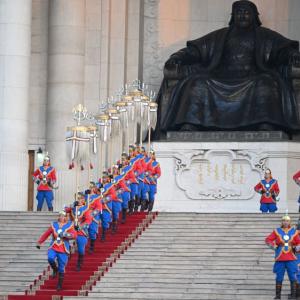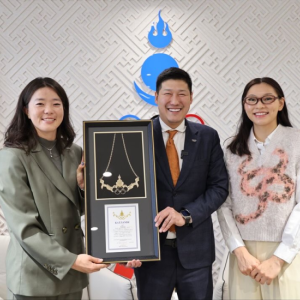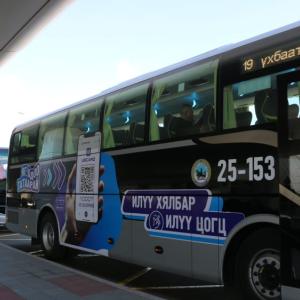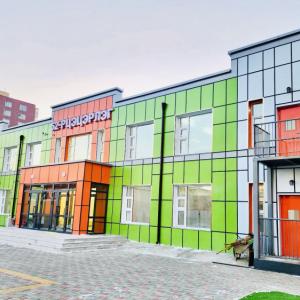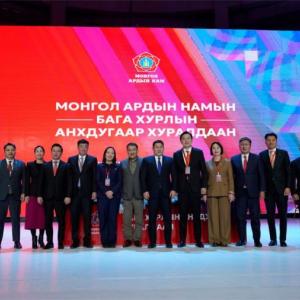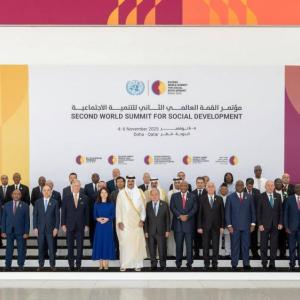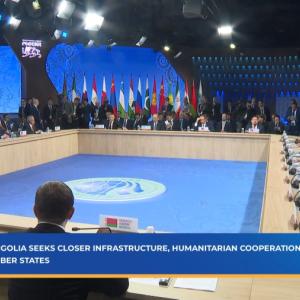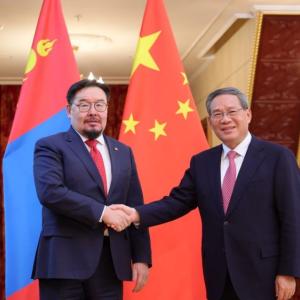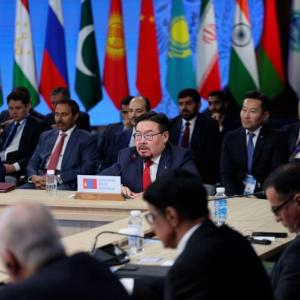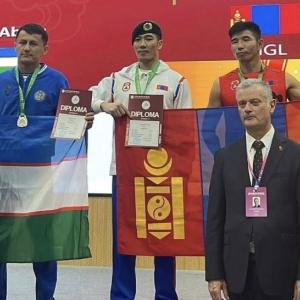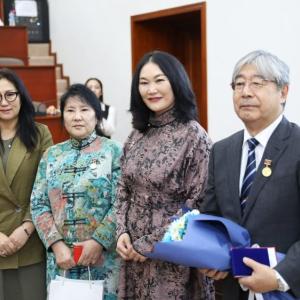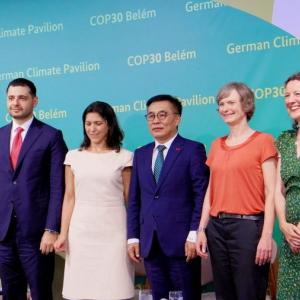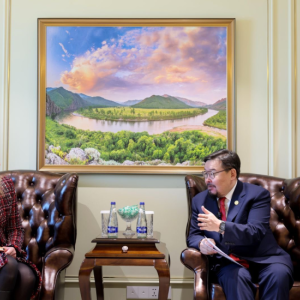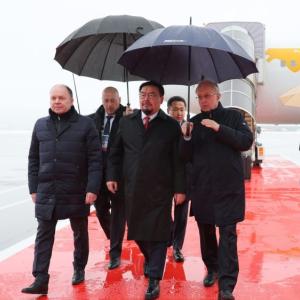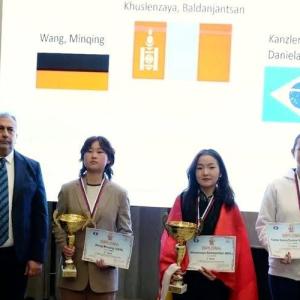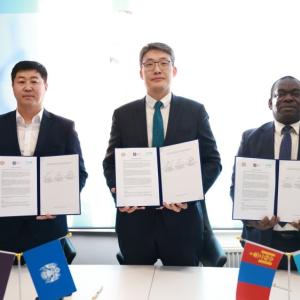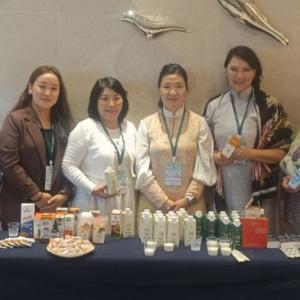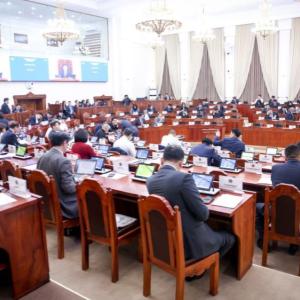‘Meal for Kids’ programme provides 20,000 hot meals to vulnerable children
Society
Ulaanbaatar /MONTSAME/. Since the early days of COVID-19 pandemic, the Mongolian government has taken measures to prevent the spread of the virus in the country. These measures included the closure of schools and kindergartens as well as banning public activities since January this year.
On the other hand, quarantine and restrictive measures have negatively affected vulnerable families and children, increasing the risk of malnutrition in children who depended on their daily meals at schools.
Therefore, People in Need, a non-governmental organization selected two secondary schools in Songinokhairkhan and Sukhbaatar districts to provide a total of 20,000 hot meals to 500 vulnerable children aged 2-16 every day in July and August under the "Meal for Kids" program funded by the Embassy of the Federal Republic of Germany in Mongolia.
“We were very happy this project was able to support thousands of children that needed it the most. We are grateful that so many organizations also stepped in to provide support during these very difficult times,” said Ambassador Jörn Rosenberg from the Embassy of the Federal Republic of Germany in Mongolia.
As this type of project has never been implemented in Mongolia before, People in Need has worked closely with the Ministry of Education, Culture and Science to develop a model for such a project. This will enable the Government, and other humanitarian actors, to implement similar initiatives during future emergencies.
In total, People in Need, with financing from the German Embassy in Mongolia and the Swiss Agency for Development and Cooperation, directly supported more than 2,500 families with education, nutrition, and hygiene kits. In support of this project, the EU funded Switch Off Air Pollution Project, Namuun Children’s Foundation, Breathe Mongolia, and Friends of Mongolia also provided support with in-kind and cash contributions.
Ms B. Namuun presenting Ambassador Jörn Rosenberg with a certificate of appreciation from the Office of the President of Mongolia
“Due to COVID19, many people were impacted in Mongolia – children have been especially impacted due to school closing and recent lay-offs by businesses. Therefore, our Foundation redoubled our efforts in pursuit of every child to have enough nutrition during this difficult time.
The commitment of both local and international non-profits, as well as the generous contribution from the German Embassy like ours, to shoulder as much as we could was invaluable,” said B. Namuun, Founder of the Namuun Children’s Foundation.
“During emergencies, it’s important that society looks after the most vulnerable. One way to do this is to find ways to keep kids coming to schools so officials can make sure their basic needs are being met. That’s what we’re trying to do with the Meals for Kids project funded by the German Embassy,” said B. Ganchimeg, Emergency Response Manager at People In Need.
In August, the Office of the President of Mongolia presented the project team, as well as the German Embassy, with a certificate of appreciation for their timely support to vulnerable families during the COVID19 pandemic
Background
***
About the German Embassy: The German Embassy in Mongolia supports a number of activities by local project organizers every year, aimed at improving the situation of the poor and most vulnerable members of the Mongolian population.
About the Namuun Children’s Foundation: The Namuun Children’s Foundation is a Mongolian-based non-profit aimed at advancing equitable access to quality education and healthcare for children. NCF supports children by leveraging and forging partnerships with local and international charities across the globe to relieve poverty and support the development of children in Mongolia so they may grow-up safe and secure.
About People in Need (PIN): INGO based in the Czech Republic, launched programming in Mongolia in 2009, when it provided emergency assistance to herders affected by severe winter conditions (dzud). With the goals of saving lives and protecting dignity, empowering people and supporting sustainable living, PIN established its permanent presence in Mongolia in 2011.
 Ulaanbaatar
Ulaanbaatar





